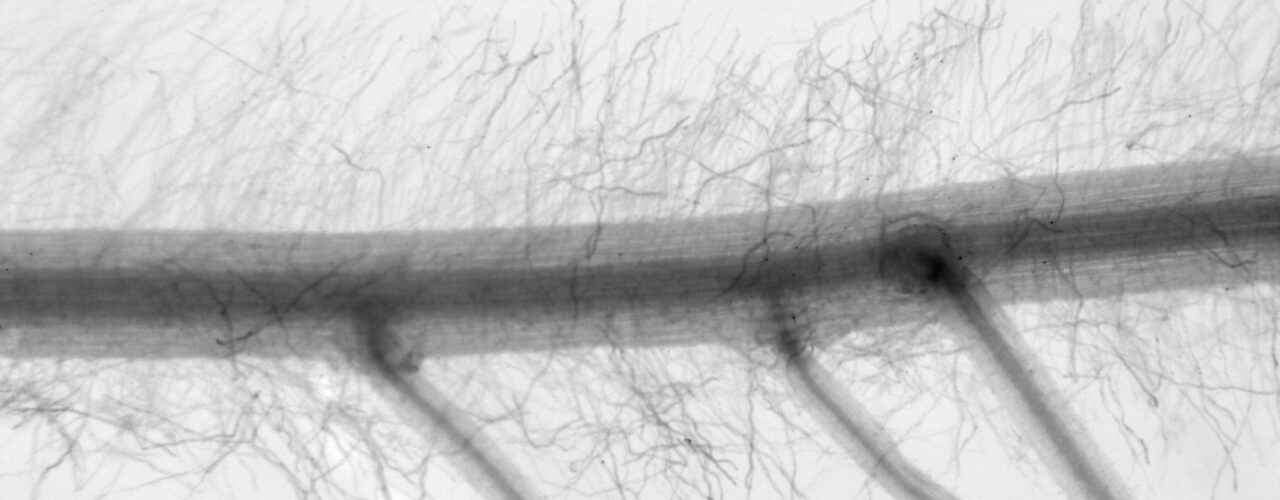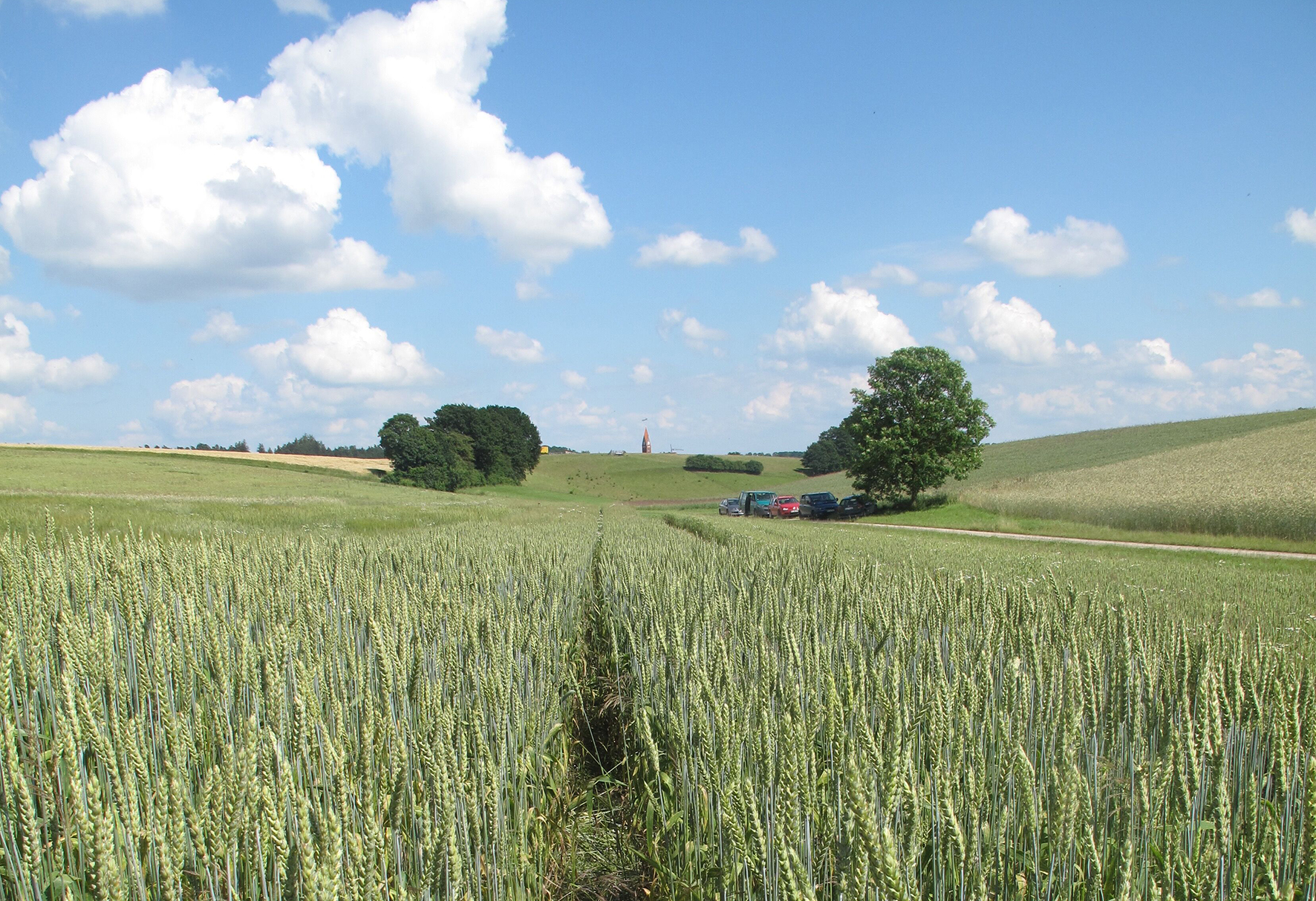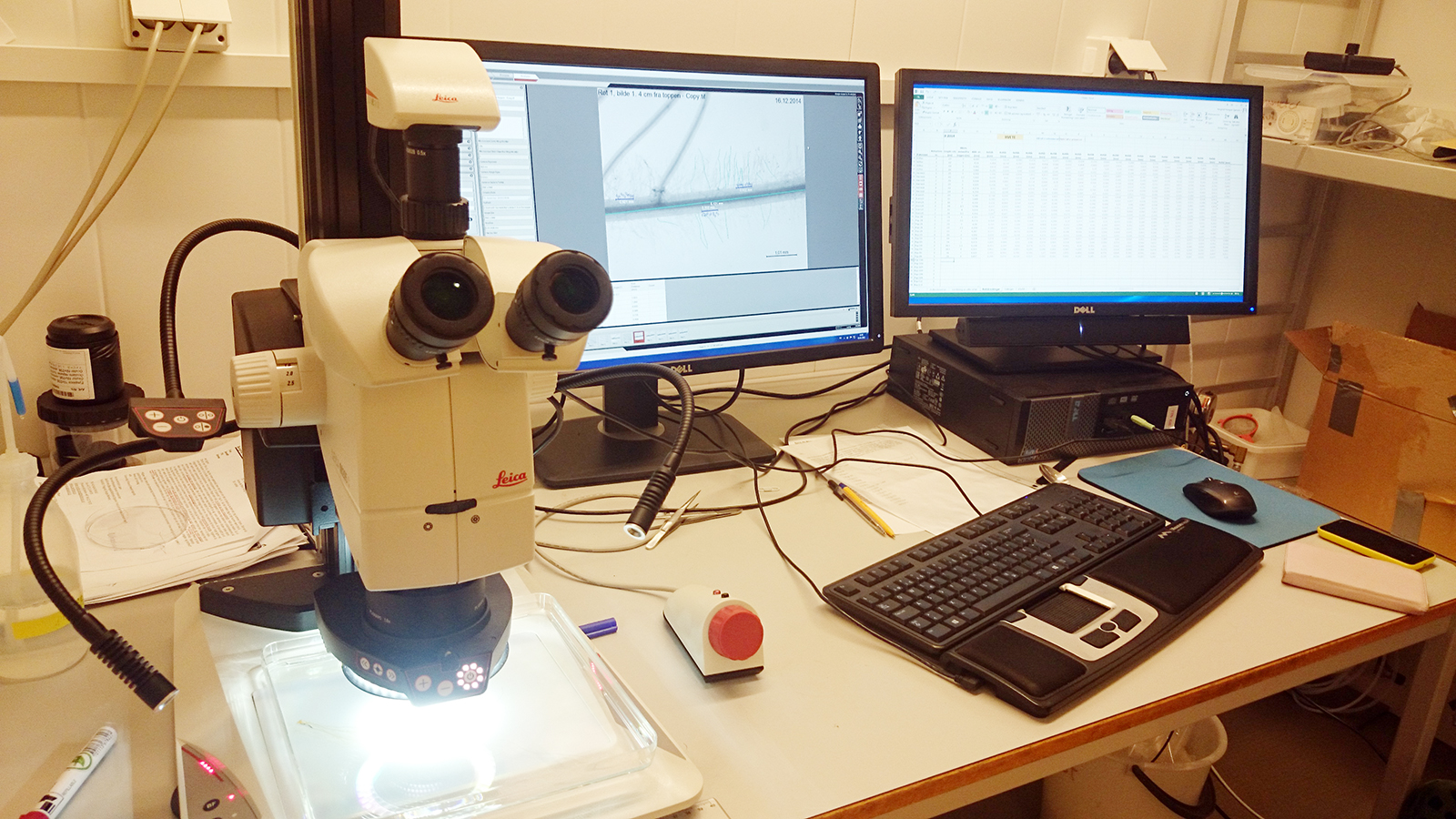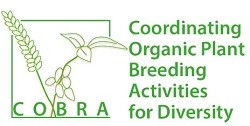
Coordinating Organic Plant Breeding Activities for Diversity (COBRA)

The continuous breeding of crops in step with changing environmental and economic conditions is necessary to ensure agricultural productivity. In organic plant production, it is especially important that plant varieties have an efficient nutrient uptake, are resistant to diseases and competitive against weeds and possess mechanisms for withstanding pest attacks. Since organic growers have access to fewer external inputs (such as mineral fertilizers and pesticides), there is thus a greater need for robust varieties that are able to tolerate increasingly variable weather conditions.
The extent of organic agriculture is limited, and it is therefore difficult to ensure the production of plant material adapted to the needs of organic growers, considering the economic pressures of the plant breeding and seed production industry. The global seed trade requires morphologically uniform, distinct varieties according to the so-called DUS standards (Distinctness; Uniformity; Stability). The rules facilitate the trade with seeds and plant material, but prevent the development of plant material with high genetic diversity (Hi-D), with more resistance against diseases, pests, weeds and climatic instability. Such Hi-D varieties could have a considerable potential in organic production systems.
COBRA is a European project with partners from 20 countries. COBRA aims to coordinate, strengthen and expand existing networks in organic plant breeding and seed production, with a focus on wheat, barley, peas and faba beans. The Norwegian inputs to the COBRA project are twofold. In cooperation with NIBIO and the Swedish University of Agricultural Sciences (SLU), NORSØK is studying root hairs in populations of spring wheat. Dr. Regine Andersen (previously of the Fritjof Nansen Institute) at Oikos Norway has comprehensive expertise on seed laws and farmers’ rights to seed production, and has contributed to project activities aimed at facilitating the access to organically produced seeds and plant material. Project results are jointly disseminated to Norwegian target groups.


